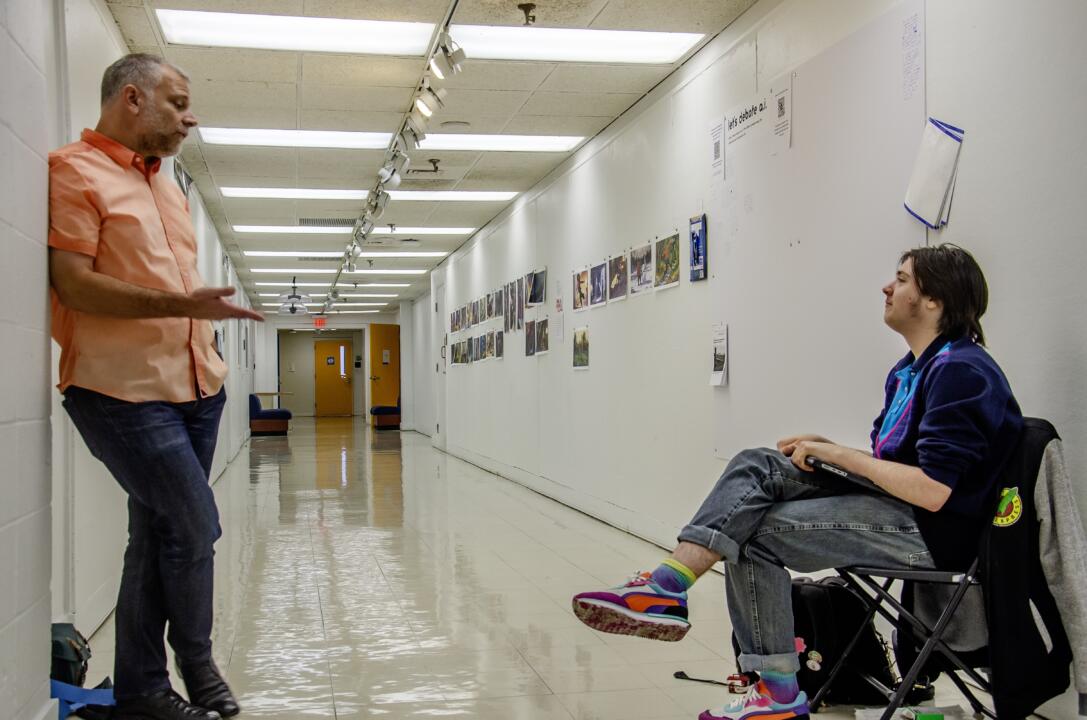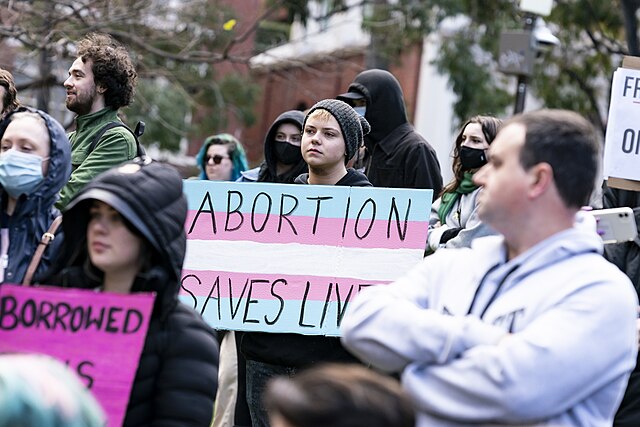For the first time in the 50 year history of UMBC, course evaluations are all online. Course evaluations, platforms students use to give feedback on the courses they have taken, have been around for a while. But this semester will be marked as the first one in which these evaluations are implemented online and completed outside of students’ classrooms.
The evaluations consist of simple questions asking students to rate their experiences and provide written feedback on their classes’ professors and content. Students can choose which questions they would like to respond to and submit their responses to the university.
The evaluations came in the form of emails sent out to all UMBC students during the last week of November. The email was sent by UMBC’s recently formed Online Student Course Evaluation Implementation Team.
According to the Implementation Team’s email, students’ responses to the questions on the evaluations “will be kept strictly confidential.” This comes as great news for students wishing to criticize components of curricula or teaching methods in their courses, without having to offend professors or teachers’ assistants.
Although no official statement regarding the matter has been released, feedback results will likely be condensed into reports that academic departments may use to make small adjustments to components of courses for which much feedback has been received.
According to vice provost for academic affairs Antonio Moreira, Ph.D., the transition from paper to screen has been a process in the works years before it finally took flight this year. The Faculty Affairs Committee, part of an organization known as the Faculty Senate, presented the idea.
“This is a decision UMBC has made which is very much in line with our [vision] for efficiency, and utilizing technology […] to make certain processes more flexible for the tasks that need to be done,” said Moreira.
Moreira also said that he has been able to engage in the transition and sees it as a step forward. Being a professor, he said, has helped him better understand the need for student input. “Having feedback is important to me so that I can improve in my delivery of the courses, the examples I use, [and] the things I cover,” said the vice provost.
One student said they completed all four of their course evaluations in 30 minutes. “I feel like the university has made course evaluations more accessible and time-wise, more efficient,“ said freshman computer science major Anna Ecker.
The university previously used scantrons to acquire feedback from students and the online system has already proven to be a much faster mechanism for students. Although there is no grade-based or other type of incentive for completing the evaluations, students can sleep well knowing they’ve contributed to the betterment of the university.
Some students suggested that the new process has its benefits. “You don’t have to waste class time doing course evaluations […] instead they’re all up online,” said junior transfer student and computer science major James Walls.
Other members of the UMBC community fear that the evaluations being online might entail that students feel apathetic towards them and since there is no incentive, there might be a lower response rate. “I think if the evaluations were tied to our grade, [or] if class time were given for students to pull out their laptops and complete it, that might be helpful,” said senior biology major Amy Hoffman.
UMBC administrator Moreira would urge students to complete course evaluations this semester, noting that the greatest incentive is that “the student has an opportunity to help the university improve and move forward.”
“As a student I would be compelled to because […] future students would benefit from my advice,” added Moreira.
Transitioning to this fully-fledged system of online course evaluations will likely have an unmeasured, but still noteworthy impact on students’ experiences at the university. Whether the transition is for the better or worse has yet to be determined.
The last day to submit course evaluations is Dec. 13.

